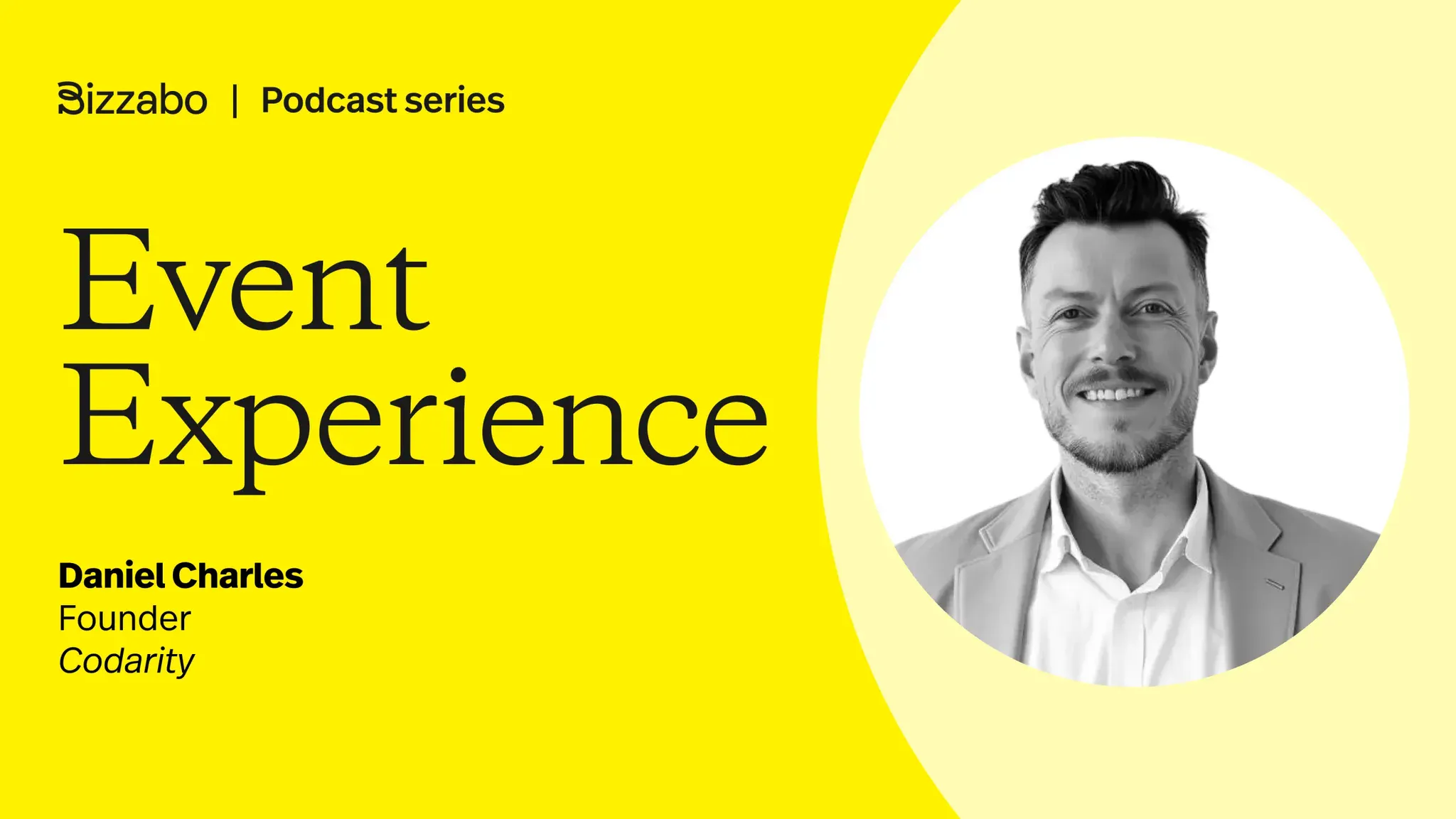Dan Charles
26/01/2017
Table of Contents
Intro:
If you’re a small or medium sized business owner then it’s highly likely you’ve encountered salespeople at some point. It’s also likely that you are either looking at a digital marketing contract at the moment or you have been in talks about them before. Possibly you’ve been stung by a bad one? You might be dubious as to what they are actually going to do for you?
Naturally, with all types of sales, there is a form of contract signing that takes place. This isn’t a blog post about bashing salespeople, I’ve met many fantastic people in the sales sector over the years, I’ve also met a few unsavoury ones too. This post was written to empower you, the business owner to push back against the hard-sell on and offline. I also include a few pointers on things to check in your digital marketing contract before you sign on the line.
Have you had any of these questions in your head before?
• Is it legitimate?
• Will they represent me properly?
• Are there hidden costs?
• Can I trust them?
• Are they going to do what they say they will?
Having mainly spent most of my professional career on the service delivery side of the digital marketing industry, I’ve noticed some trends of how the crappy sales people ‘close you’ – I hated having to explain to clients why “that wasn’t correct” or “Sorry that isn’t how it works”. It’s why I left the “corporate hard sell” world and setup Be Fair Marketing Co. This post has been written with the aim to help you avoid the crappy salespeople in digital marketing and instead, find the good ones that will genuinely help you grow your business ethically.
If you ask a salesperson these questions during their digital marketing pitch they’ll either crumble and show their true colours or they’ll be open and honest with you about it and provide some valid and genuine responses. Either way, you’ll have a clearer idea of what you’re walking into. Remember that your gut instinct is important, but getting the facts and knowing who you’re working with is just as important too.
The good salespeople will respect you more for asking these questions. The bad ones will say “It’s a cold lead mate” and move on.
Research:
Your business’s online voice is important, it makes the difference between potential customers trusting you or telling all their friends to avoid you
Question?
“What types of research does your creative team do to ensure my business narrative is genuine and sticks to my core values?”
If they come back with anything like “We write search engine optimised copy that gets you clicks”
Be wary, in 2017, writing just for Search engines or creating click-bait fodder really isn’t going to help in the long run. Sure it might get you eyeballs on your site, briefly. But do those visitors care about the core values of your brand, or are they simply there because a witty copywriter regurgitated a catchy headline for a quick win? People hate click-bait so much that they’re doing something about it.
If the salesperson is offering video services, you’ll want to make sure they’re not just bamboozling you with bells and whistles. You should be confident that they will create video content that is succinct, useful, engaging and explains the message effectively. What’s the point in having a CGI masterpiece that leaves you guessing what the offering was about?
Unless that salesperson is asking you lots of questions about your ethics, your core values and what makes you and your offering unique, then I’d avoid them or risk getting a generic campaign that blends in with the crowd.
Being unique, standing with integrity and being proud (not smug) of your core values is what will genuinely make you stand out from your online competition. By focusing on your business’s unique selling points (USP’s) you will get more of the right people interested, instead of wasting money on reaching people who don’t care.
The text on your pages is so often overlooked, but it still plays an important role in your conversation. Sure you need catchy well-written headlines, but they need to be truthful and engaging. Text, when combined with media such as video and imagery, can be a powerful force for good in your business. If your website visitor feels duped into clicking on a link that was misleading well, bye bye visitor. Generic waffle stuffed with keywords, clickbait headlines and a lack of evidence simply won’t cut it in 2017.
You might want to double check their digital marketing contract includes a statement about representing your business ethically and fairly at all times.
Reporting:
In the digital marketing sphere, you can literally measure and record everything that happens with your online properties, such as website, social accounts, directories etc. The amount of data can be staggering and become overwhelming quickly if you don’t have a good way of making it usable and actionable.
Question?
“What reporting do I get and can you customise it to my business goals and targets?”
Unless you spend most of your days looking at organic click through rates, SERP position changes and landing page conversion rates (like I do), then automated reports probably aren’t going to be that useful for you.
It’s important to be sure that they can track the goals that matter to YOU. They should be able help you understand how your marketing budget is helping your business grow. It’s also imperative that you have access to all of the data if you need it for future reference, even if it’s just archived. It is well worth asking the salesperson to ensure you get tailored reporting and that allows you to easily follow and understand the progress of your marketing campaigns against your goals.
This can be beneficial to you because it means you don’t have to take hours out of your day to try and understand what these reports mean. Not knowing what metrics and numbers are important to you and your business can often lead to misguided decision making or unnecessary upsells that simply aren’t needed. Remember, high volumes of traffic to a page doesn’t mean much unless it can be shown that at least the majority of that audience is in your target market and are interested in what you have to offer.
If you don’t have much time in the day, it’s worth asking for custom reporting and a regular phone call at a convenient time to be included in your digital marketing contract
Experimentation:
Now the above 2 points are important, but that’s not to say that experimenting and mixing things up isn’t important as well, so long as there’s a good justification or research has shown you that “this way might work better”
“The definition of insanity is doing the same thing over and over again and expecting a different result.”
– Albert Einstein
It’s important to try new things and step out of your comfort zone, but remember it’s your money they’re spending, so it pays to ensure thorough research has been carried out first.
Question?
“How will you optimise my campaigns to get a better result without using manipulative or unethical practices”
Split testing (A/B comparisons to see which performs best) can be good to get a better conversion rate (calls, enquiries, signups, purchases etc) but just be sure your salesperson isn’t talking about any type of dark pattern tactics, shitty pop-ups or crappy manipulative copy (stick to your brand’s core values remember).
Check out darkpatterns.org for examples of crappy website tactics and the lengths some agencies/companies will go to squeeze an extra few bucks out of your wallet.
If you catch a salesperson ever talking about stuff like this (other than with disdain), run away as fast as you can. It’ll only ever damage your reputation in the long run.
If you are looking at a digital marketing contract for a new website, SEO campaign or conversion optimisation, this a particularly good time to check their stance on these things before you sign that contract.
Backlinks:
I’m talking more specifically in terms of search engine optimisation campaigns.
Question?
“How will you help me get high quality, white-hat links from popular sites in my niche and ensure they are diversified?”
If the salesperson’s answer is anything other than. “We’ll create high-quality content, specific to your brand or niche. Then we’ll promote this content to relevant, authoritative sites, thought leaders or networks in similar circles as yours. This in-turn will help you get genuine links back to your site” then, you’ve guessed it, run like the wind.
In the days long gone, all you had to do was stuff a page with repeating keywords and get shed loads of links from other websites to your page/website in order for it to rank well. These didn’t have to be relevant links, they could be from pretty much anywhere. This tactic is dead, dead like a dodo, extinct, kaput, finito.
Google and Bing have gotten very good at detecting spammy/black-hat search engine manipulation and will hit you where it hurts if they catch you doing it (which they will). If this crappy tactic has been heavily abused then you even risk a Google penalty, which is very hard to come back from, sometimes impossible. Links are still very important, but only high-quality links, from reputable online sources that are very relevant to what you are promoting as a business.
If they mention link farms, auto link generation or link sharing methods then alarm bells should start ringing in your ears. Stay away from these tactics, they are a relic from a darker time, long passed away.
Trust me, 1 high-quality link from a reputable website in your niche is worth more than a 100 crummy backlink’s from a link farm or irrelevant source. A good SEO company will work with you on this and find these relevant sites and authoritative people in your niche. They will also help run through a clearly defined strategy and explain everything as they go. They will also show you progress reports and how well it’s working.
A good digital marketing contract should state they will only use ethical methods to improve your website’s search engine performance. If you’ve asked them the above question, then you’ll have a clearer idea if they are legitimate or not.
Resources:
“We’ll do it all for you” hmmm really? You’ve probably heard that before and then been hounded for information, content, photo’s, logins, authorisation. Please don’t get me wrong here. These things are all important for us marketers to do our jobs. Getting these assets in a timely manner really does help to deliver better results for you. But, if they promise to do EVERYTHING then it’s usually bullshit. This can be a ploy just to get you signed on the line so the sales guy/girl can hit their quota for the month.
Question?
“What assets, resources and input do you need from me, now and during the campaign/project?”
If they aren’t setting the right expectations with you at the beginning, then should they be trusted?
It’s not fair on you to be left under the false pretences that you can “sign here and we’ll do the rest” only to then go and plan your busy week without any expectation of needing to commit some of your time to providing feedback, content, resources or other things that are key to the success of your campaign. If you are aware of these things and their importance from the beginning then you can plan accordingly.
Any salesperson who tries to sell you the idea that this isn’t the case is probably more interested in getting your signature than helping your business grow.
ALL digital marketing projects will require some collaboration and input from you throughout the process. The requirements for both you and the agent should be explained by the salesperson and clearly stated in any good marketing contract.
Final Thoughts:
I hope you’ve found these questions useful and that they empower you to push back against the hard-sell and the vague expectations.
If you’re looking at digital marketing contracts right now or you’re in discussions, consider coming armed with a few of these questions. You might open up some more revealing answers about who you’re potentially signing on with. You’ll know you’ve found a good salesperson when they’re proactively helping you, the type that answers you honestly and with integrity. Like I said at the beginning, I’ve dealt with hundreds of salespeople over many years, the vast majority of these guys are genuine and hard working, but as with any business sector, there are the bad ones too. this isn’t me trying to tear a rift between you and your current reps, I’m not a salesperson and don’t want to be either. This post was written with the aim of helping you find the right people to help represent your business online.
I believe that positive ethics play a big part in every facet of society, but marketing has been a grey area for decades now. My goal is to help turn that around. Unfortunately, there aren’t many ethical marketing certifications or accreditations out there, where like-minded marketers can take an ethical stance together. Be Fair Marketing Co is my stand for ethical marketing and you can read more about my Marketing Principles on the about page of this website.
If you’d like my help or advice on your digital marketing and how an ethical approach can be more sustainable for you long term, then get in touch today. I look forward to helping you succeed.
If you’ve gotten some value out of this post please share it with other people in your social networks who might benefit too.
Please Note:
I am not a lawyer and I do not have any legal credentials, therefore you should seek legal assistance from a lawyer if you are unsure of anything in your contract. This post is not written as legal advice for any form of contract or agreement. I don’t represent any other individuals or organisations and these words and points of view are my own. I do not represent any other salesperson or company either.
Get Your Free Website SEO Grade
INSTANTLY
Your free report includes a breakdown of opportunities to improve your website's SEO performance with actionable advice.

Behind the Podcast: What Event Businesses Really Need to Break the Feast-or-Famine Cycle

The Real AI Revolution in Events Isn’t What Cvent’s Selling

Why Your Event Business Doesn’t Need More Martech: It Needs a Coherent Message








